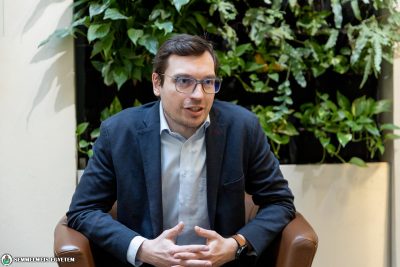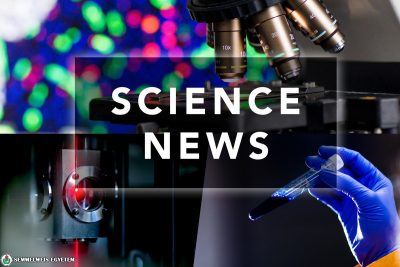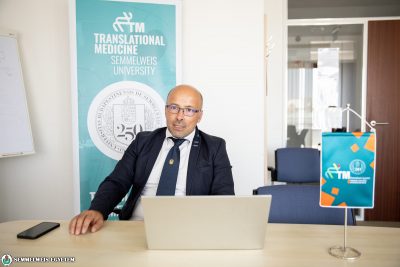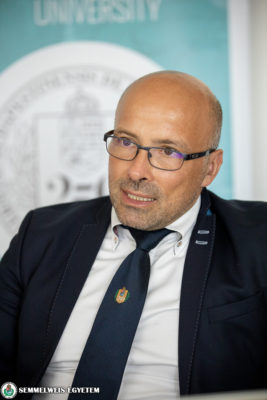 “We have proven very clearly, that implementing scientific activity in healthcare is an essential step to achieve high-quality, cost effective and efficient patient care” – emphasized dr. Péter Hegyi, director of the Centre for Translational Medicine at Semmelweis University. Dr. Hegyi initiated the development of a new TM model that facilitates and accelerates the application of scientific knowledge for community benefit in healthcare. The TM model has already been used successfully on a trial basis at the University of Pécs since January 2016. When dr. Hegyi was elected to membership in Academia Europeae, he started developing a consistent methodology at an international level.
“We have proven very clearly, that implementing scientific activity in healthcare is an essential step to achieve high-quality, cost effective and efficient patient care” – emphasized dr. Péter Hegyi, director of the Centre for Translational Medicine at Semmelweis University. Dr. Hegyi initiated the development of a new TM model that facilitates and accelerates the application of scientific knowledge for community benefit in healthcare. The TM model has already been used successfully on a trial basis at the University of Pécs since January 2016. When dr. Hegyi was elected to membership in Academia Europeae, he started developing a consistent methodology at an international level.
“More than 1.4 million articles are published each year worldwide, however, much of this knowledge is not applied in everyday practice. Based on a report from the European Commission’s European Statistical Office, three out of five deaths of patients under 75 years of age could have been avoided through effective primary prevention and timely health care – pointed out director dr. Hegyi. He believes that the language of researchers and medical practitioners is so different, that it makes it difficult to implement scientific knowledge in patient care. As the first essential step of the translational medicine cycle, we should raise questions and make remarks during a point-of-care testing process. This is followed by the scientific activity, which enables knowledge to be applied in everyday patient care practice – said dr. Péter Hegyi. He added that educating patients is an essential part of communication. We have to make it clear to patients, why it is important to take given medication properly. On the other hand, all the obtained information should be disseminated to medical practitioners and to persons in charge.
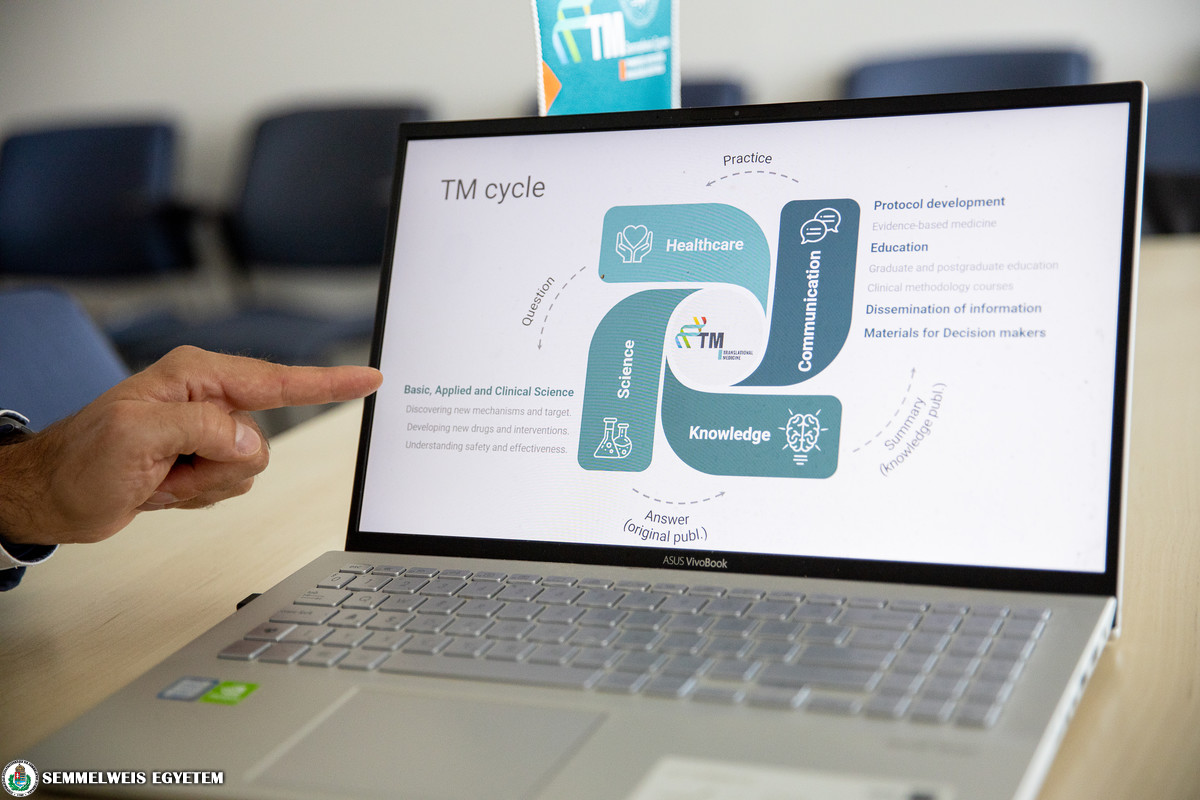
The consistent methodology on behalf of the Academy Europeae was published by dr. Hegyi and his colleagues in the Journal of Clinical Medicine in 2020. The latest article (Accelerating the translational medicine cycle: the Academia Europaea pilot) published in Nature Medicine summarizes the gained experience of implementing the TM model in Pécs. Dr. Péter Hegyi is the corresponding author of this article as well.
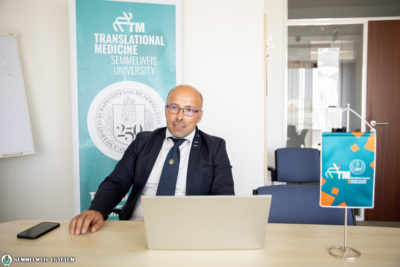
A team of patient coordinators, PhD students, and data managers joined forces with patient-care staff within the framework of the TM model. The team ensured the application of available evidence-based guidelines and, notably, built up activities for healthcare delivery science. Necessary data can be used during clinical research. While scientific results and data were being continuously monitored, the team organized and analyzed the diagnostic and treatment pathways. Dr. Péter Hegyi added that the TM cycle model in healthcare was trialed in a patient care unit that focused on managing acute pancreatitis. In a year, his team achieved a reduction in the length of hospitalization per patient, marked a 50% decrease in antibiotics administration and improved healthcare efficiency. The model was subsequently tested in two other hospitals: the Szent György University Teaching Hospital of Fejér County and the Heim Pál National Pediatric Institute.
Dr. Péter Hegyi also emphasized: in order to ensure the complete TM cycle, we had to integrate the necessary scientific knowledge into our medical training. This hybrid system of medical and researcher training is an integral part of the model. 85 students will take part in the translational medicine education programme starting September this year. They will undergo the specialised medical training during their PhD studies.
Semmelweis University’s Centre for Translational Medicine was established with the goal of facilitating the application of the TM model.
Pálma Dobozi
Photo: Attila Kovács – Semmelweis University
Translation: Norbert Lukács
